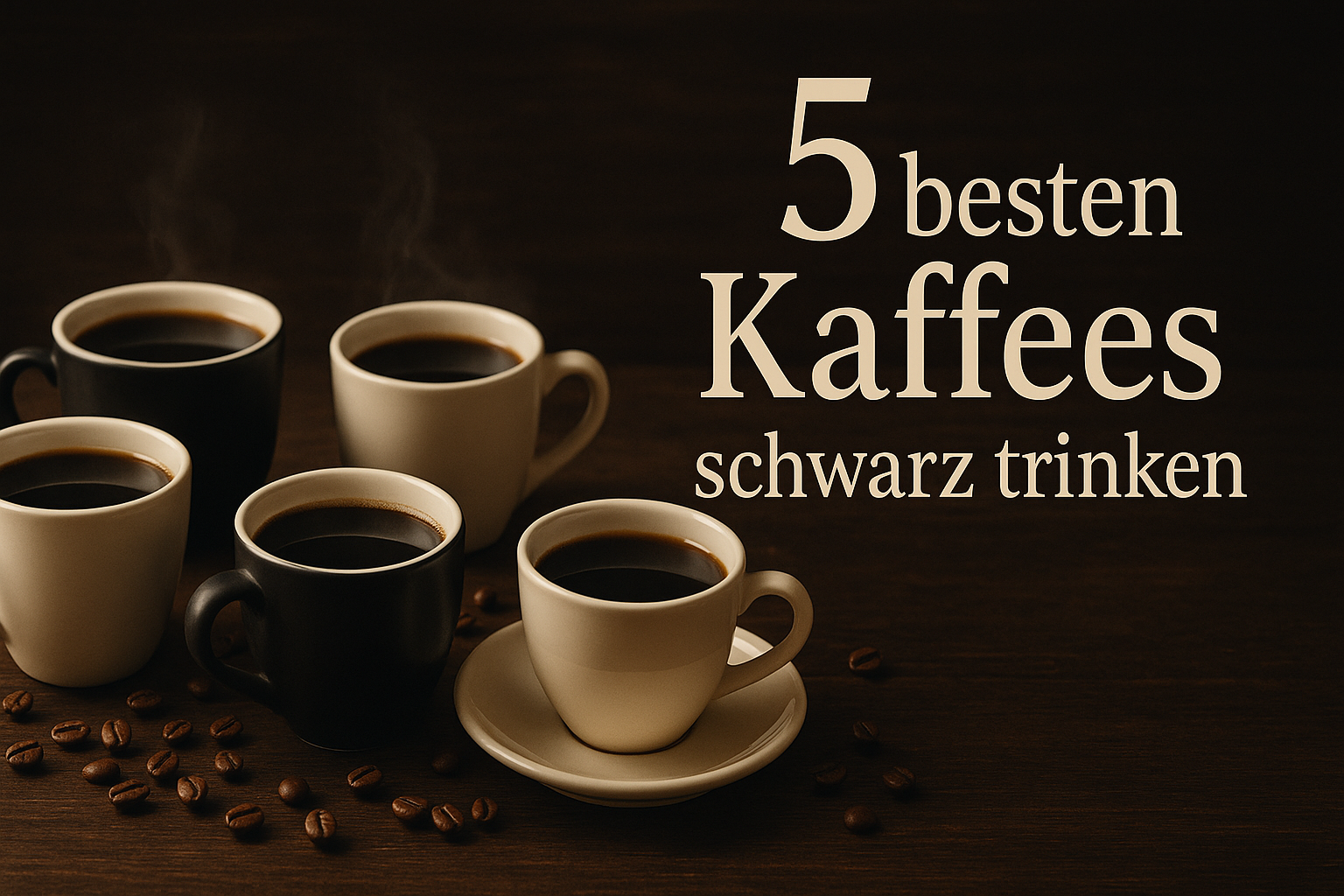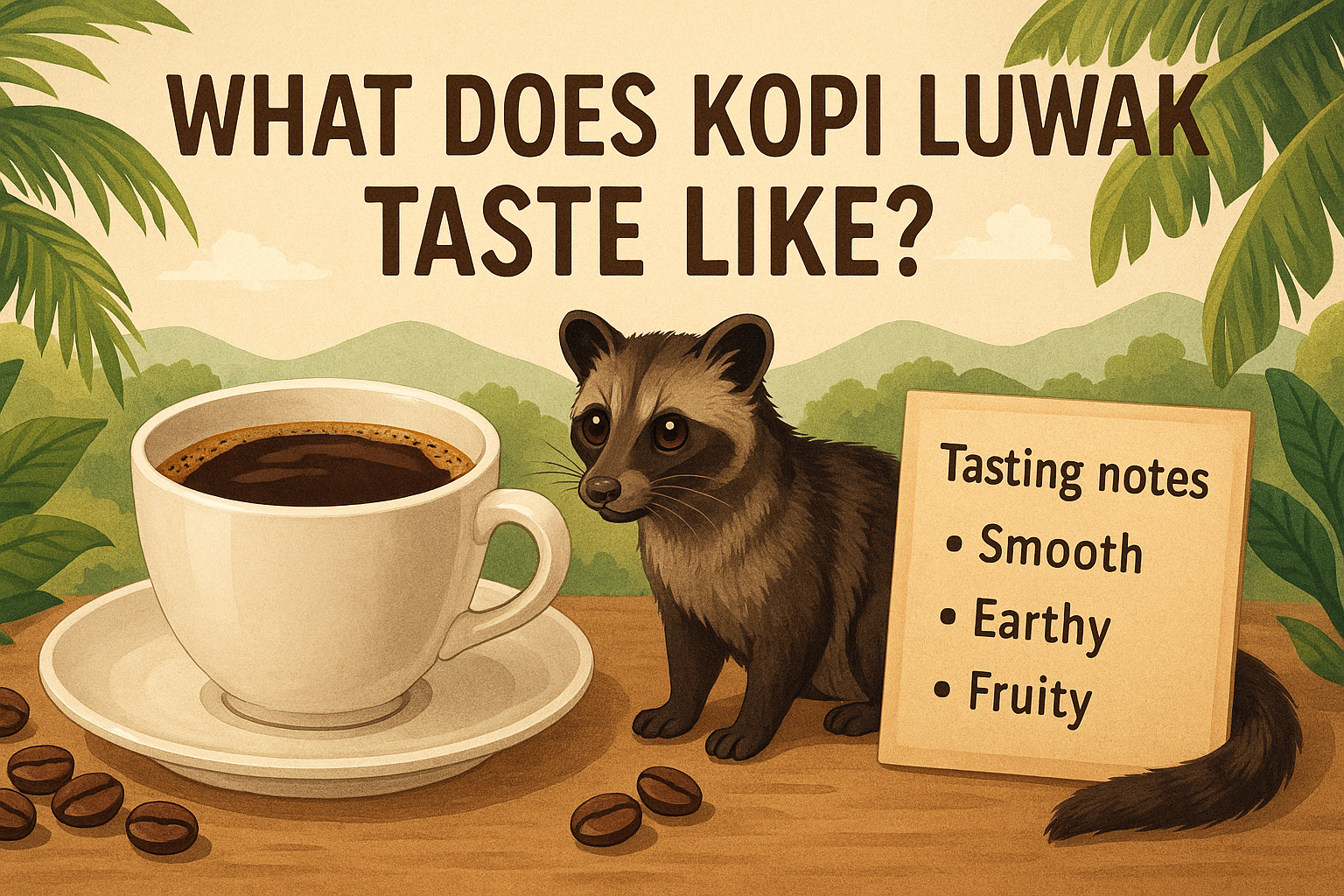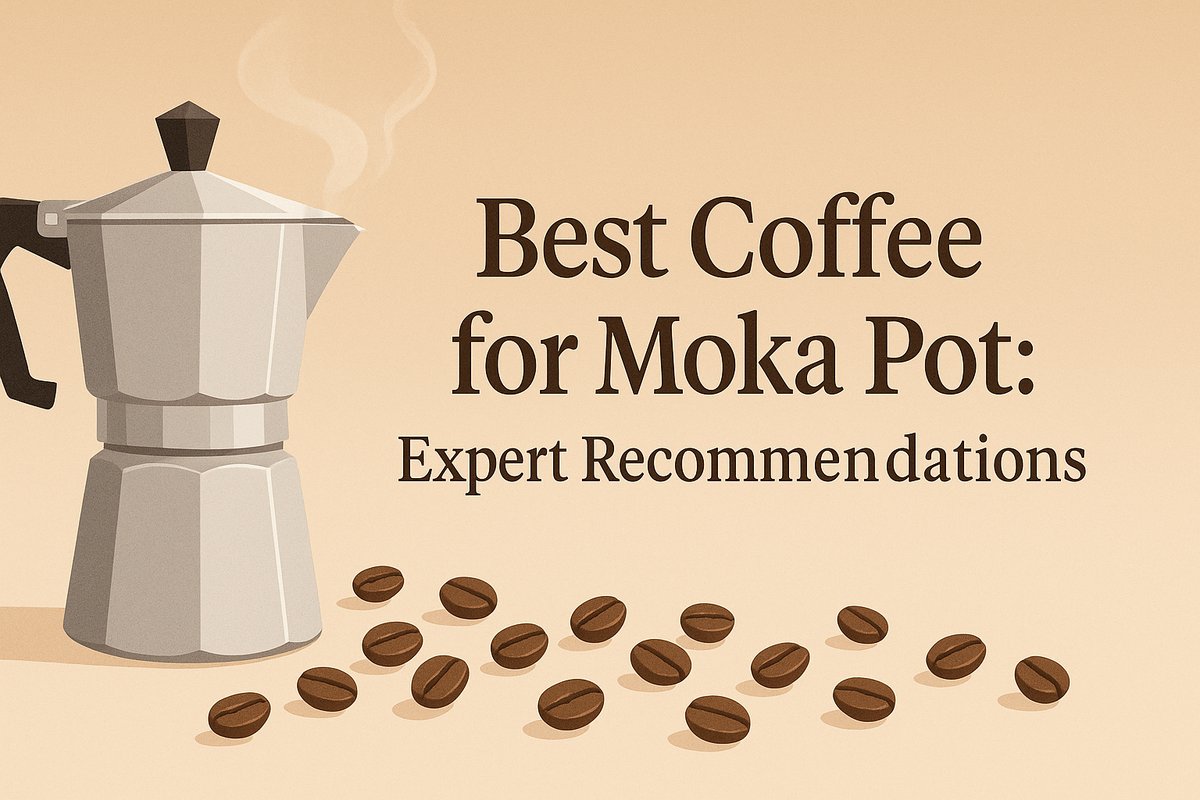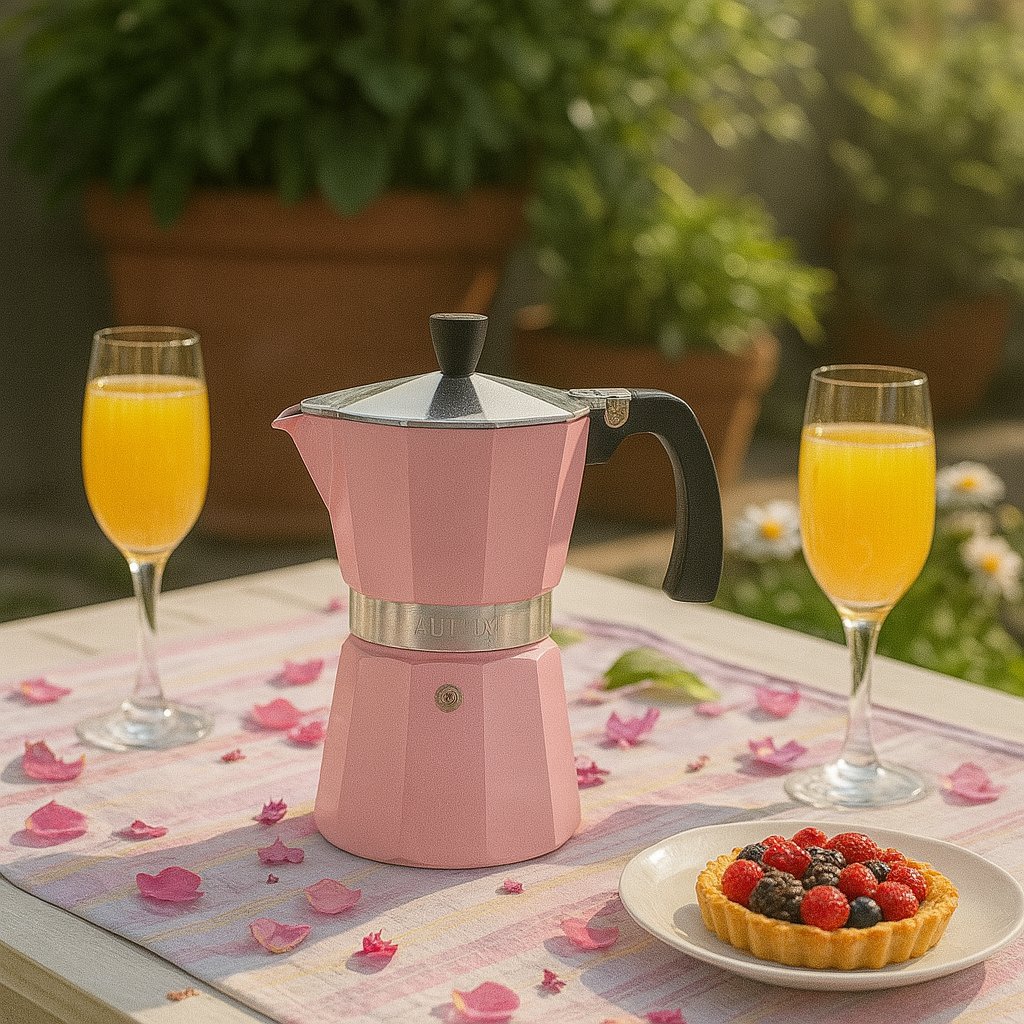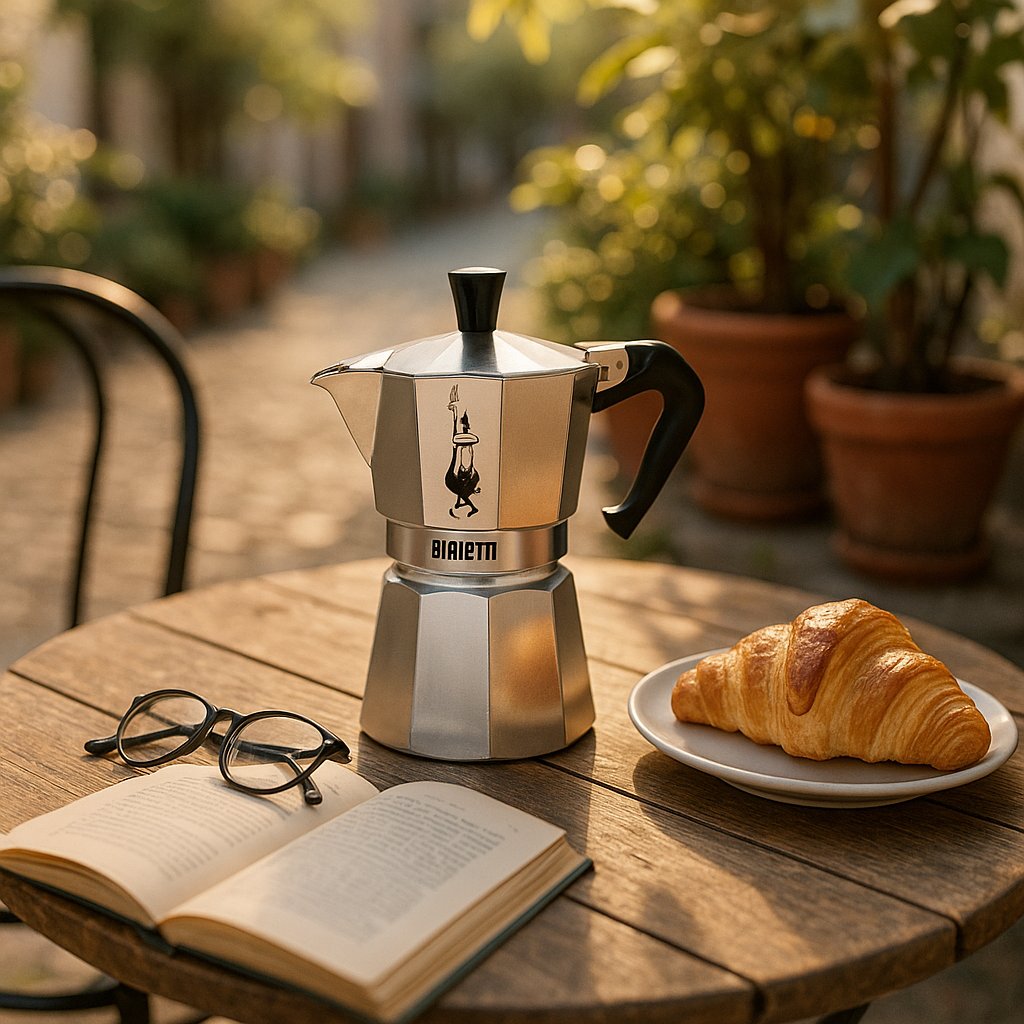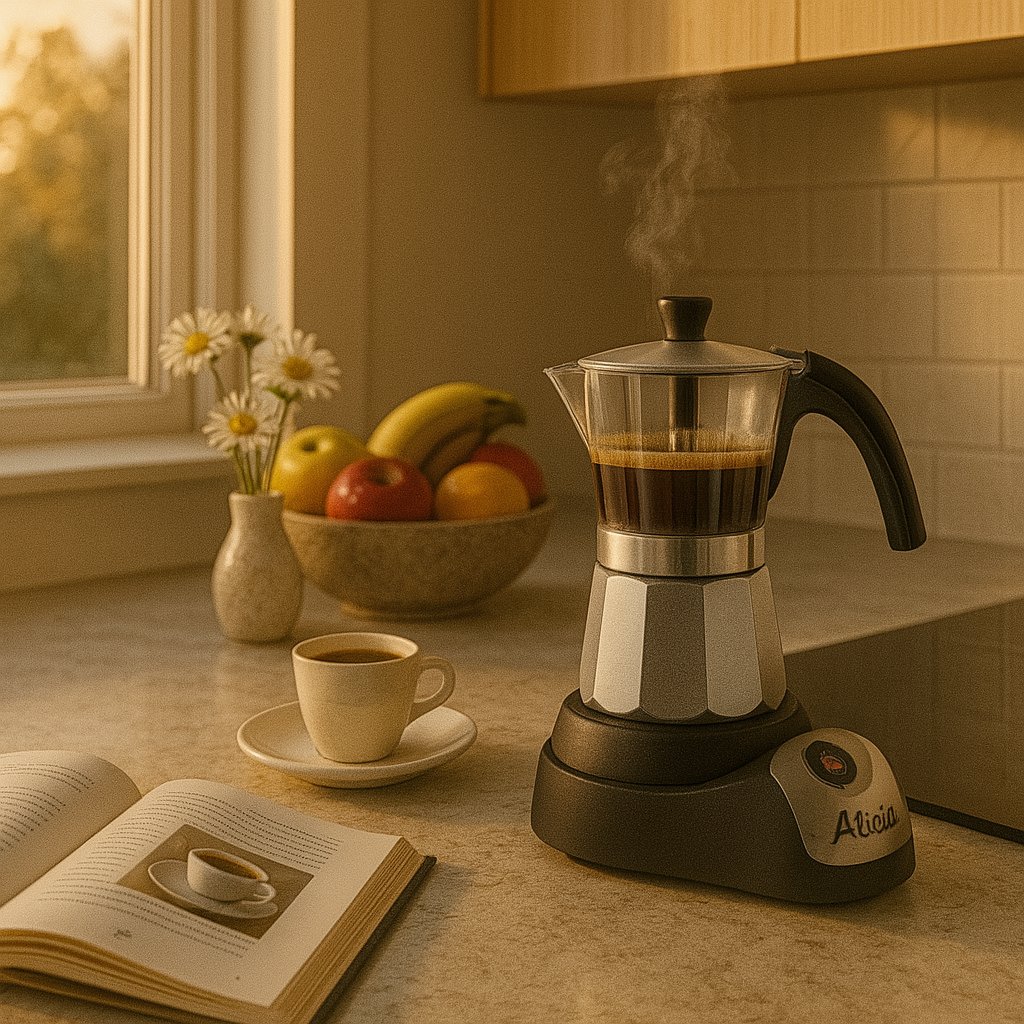6 Most Expensive Coffees in the World: Ultimate Luxury Guide
Marco's comprehensive guide to the world's most expensive coffees. Discover what makes these luxury coffees worth hundreds or thousands of dollars per pound, from rare production methods to exceptional quality.
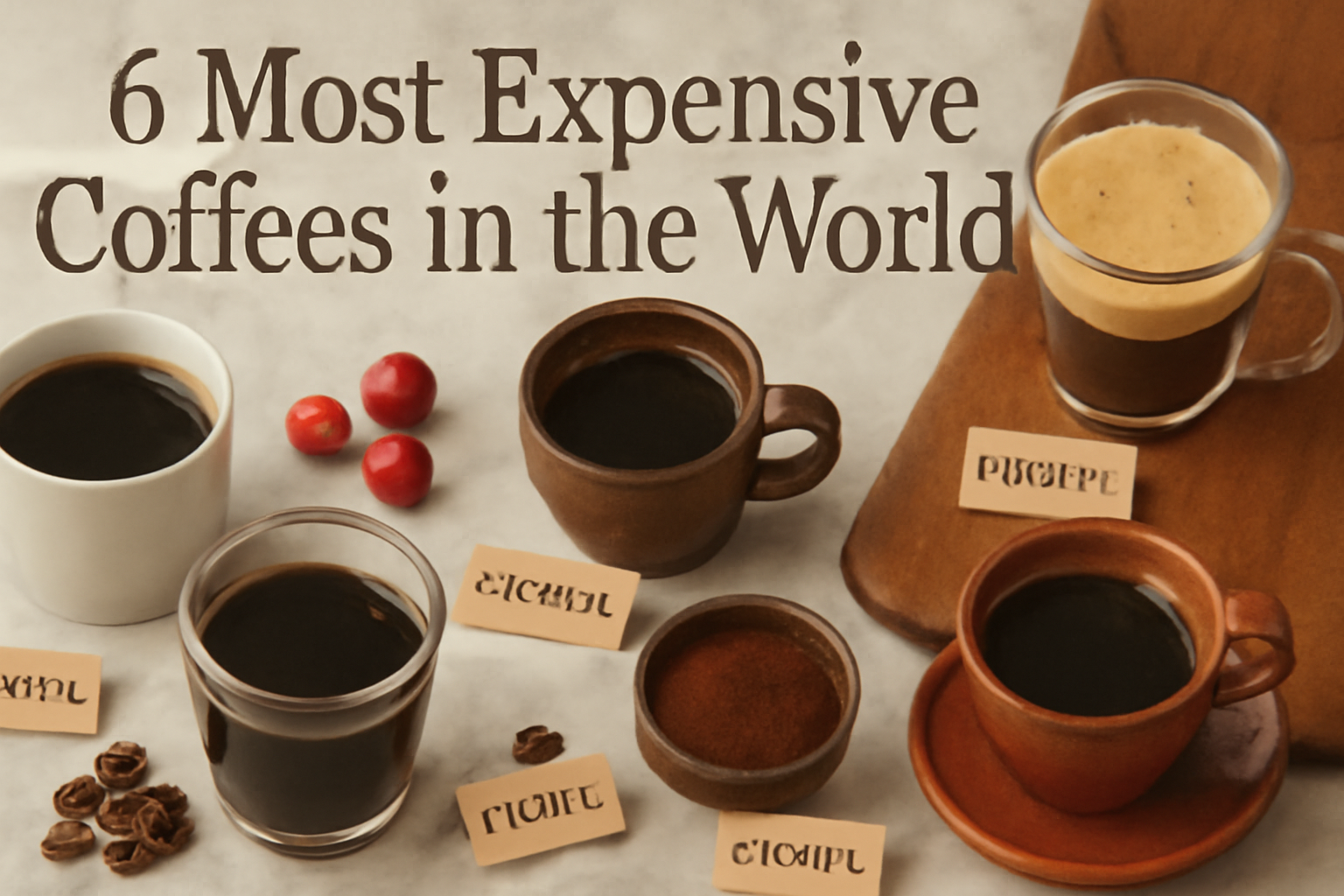
Introduction: The World of Ultra-Premium Coffee
I still remember the shock I felt when I first encountered a $600-per-pound bag of coffee at a specialty auction in Hong Kong. As someone who had spent years perfecting brewing techniques with $15-per-pound beans, the idea of coffee costing more than some people's monthly salary seemed almost absurd. Yet, after tasting that first cup of genuine Black Ivory Coffee, I understood that we weren't just talking about coffee anymore—we were discussing liquid art, agricultural rarity, and experiences that transcend typical beverage consumption.
The world of ultra-premium coffee operates by entirely different rules than the everyday coffee market. Here, rarity trumps volume, unique production methods command astronomical premiums, and the story behind each bean often matters as much as the flavor in the cup. These aren't coffees you drink daily or even weekly—they're experiences to be savored, analyzed, and remembered for years to come.
Through my career as a coffee professional, I've been fortunate enough to taste five of the six coffees on this list, and I've spent considerable time researching their production methods, quality characteristics, and market dynamics. This guide represents not just pricing information, but an analysis of what creates value in the luxury coffee market and whether these astronomical prices can ever be justified by the drinking experience.
What Defines Ultra-Premium Coffee?
The most expensive coffees share common traits: extreme rarity, unique processing methods, exceptional terroir, limited production volumes, and often, controversial or fascinating production stories that capture public imagination and drive demand far beyond supply.
1. Kopi Luwak: The Original Luxury Coffee Phenomenon
The Civet Cat Coffee Legend
Kopi Luwak gained worldwide fame as the coffee that passes through the digestive system of Asian palm civets. These cat-like animals select and consume only the ripest coffee cherries, and their digestive process allegedly enhances the beans' flavor profile through natural fermentation.
Production Process:
- Selection: Civets naturally choose the sweetest, ripest coffee cherries
- Digestion: Cherries ferment in the civet's stomach for 12-24 hours
- Collection: Beans are collected from civet droppings in the wild
- Processing: Extensive washing, drying, and quality selection
- Roasting: Light to medium roast to preserve unique characteristics
The Reality Behind the Hype
Having tasted authentic wild Kopi Luwak on three separate occasions, I can confirm that genuine examples do possess unique characteristics—a distinctly smooth body with reduced bitterness and unusual earthy-fruity notes. However, the coffee market has been flooded with fake Kopi Luwak, and even worse, beans from caged civets kept in poor conditions.
Ethical Considerations
The popularity of Kopi Luwak has led to widespread civet farming with questionable animal welfare practices. True wild Kopi Luwak is extremely rare and expensive. Always verify sourcing and avoid supporting operations that cage civets for commercial production.
Marco's Assessment
Flavor Profile: Smooth, low acidity, earthy with hints of chocolate and jungle fruit
Uniqueness Factor: Undeniably distinctive when authentic
Value Proposition: More about novelty than exceptional quality
Recommendation: Try once for the experience, but don't expect the world's best coffee
2. Black Ivory Coffee: The Elephant Processing Innovation
Ethical Animal Processing
Created by Canadian entrepreneur Blake Dinkin, Black Ivory Coffee uses rescued elephants in Thailand to naturally process Thai Arabica beans. The 15-33 hour digestion process creates unique flavor compounds while supporting elephant conservation.
Why Elephants?
- Herbivorous Digestion: Elephants' plant-based diet creates different enzymes than carnivorous civets
- Extended Processing: Longer digestive process allows more complex fermentation
- Natural Selection: Elephants choose quality cherries just like civets
- Conservation Benefit: Profits directly support elephant rescue and care
- Ethical Production: Elephants roam freely and are well-cared for
The Science of Elephant Digestion
The extended fermentation process in an elephant's digestive system breaks down proteins that typically contribute to coffee's bitterness. The result is remarkably smooth coffee with complex fruity notes and almost no bitter aftertaste. Unlike civet processing, the herbivorous elephant digestion creates fundamentally different chemical changes in the beans.
Production Economics
Input Ratio: 33 pounds of cherries needed for 1 pound of final coffee
Annual Production: Approximately 150-200 pounds total
Distribution: Exclusive five-star hotels and select retailers
Conservation Impact: 8% of gross sales support elephant foundation
Tasting Experience
Black Ivory Coffee delivers an exceptionally smooth cup with bright fruit notes and chocolate undertones. The complete absence of bitterness is remarkable, though some coffee purists argue this removes too much of coffee's natural character. Worth trying for serious coffee collectors.
3. Hacienda La Esmeralda Geisha: The Auction Champion
The Geisha Variety Revolution
Hacienda La Esmeralda's Geisha variety has broken auction records repeatedly, with some lots selling for over $1,029 per pound. This Ethiopian heirloom variety, grown at extreme altitude in Panama's volcanic soil, produces transcendent flavor profiles that have redefined specialty coffee.
What Makes Geisha Special:
- Altitude: Grown at 1,500-1,700 meters above sea level
- Terroir: Volcanic soil and perfect microclimate in Boquete region
- Processing: Meticulous washed processing with extended fermentation
- Variety: Ethiopian Geisha variety adapted to Panamanian conditions
- Harvesting: Hand-picked at optimal ripeness with micro-lot separation
The Geisha Phenomenon
I first encountered Hacienda La Esmeralda Geisha at a cupping competition in 2018, and it fundamentally changed my understanding of what coffee could be. The jasmine-like floral notes, intense bergamot citrus character, and silky body created a drinking experience closer to fine tea than traditional coffee. This isn't just premium coffee—it's a completely different category of beverage.
Terroir and Processing Excellence
Microclimate: Cool temperatures, consistent rainfall, and volcanic soil create ideal conditions
Selective Harvesting: Multiple passes to ensure only perfectly ripe cherries
Processing Innovation: Extended fermentation times and careful drying protocols
Quality Control: Rigorous sorting and cupping evaluation at every stage
Investment and Collectibility
Beyond flavor, Hacienda La Esmeralda Geisha has become a collectible commodity. Auction lots from exceptional years appreciate in value, and some coffee investors treat premium Geisha like fine wine, storing green beans for future roasting and consumption. The farm's consistent quality and limited production ensure continued demand from collectors worldwide.
4. Hawaiian Kona Peaberry: American Luxury Grown
The Only American Luxury Coffee
Hawaiian Kona Peaberry represents the pinnacle of American coffee production. Grown on the volcanic slopes of Mauna Loa, these rare peaberry beans (single rounded beans instead of the usual two flat-sided beans) concentrate flavors and command premium prices.
Peaberry Rarity Factor:
- Natural Occurrence: Only 3-5% of coffee cherries produce peaberry beans
- Concentrated Flavor: Single bean receives all nutrients normally split between two
- Roasting Characteristics: Uniform shape allows more even heat distribution
- Sorting Process: Hand-sorted and graded for size and quality
- American Grown: Only coffee grown commercially in the United States
The Kona Advantage
Kona's unique growing conditions—volcanic soil, consistent temperatures, afternoon cloud cover, and minimal rainfall variation—create ideal coffee growing conditions. The result is consistently smooth, well-balanced coffee with low acidity and rich body. Peaberry selection intensifies these characteristics, creating coffee that's approachable yet sophisticated.
Quality Breakdown
Flavor Profile: Smooth, buttery body with hints of nuts and mild fruit
Acidity: Low and pleasant, never sharp or overwhelming
Consistency: Extremely reliable quality year after year
Value: Expensive but more accessible than ultra-premium options
Authenticity Alert
True 100% Kona coffee must be grown, processed, and roasted in Hawaii. Many "Kona blends" contain only 10% actual Kona coffee. Always verify authenticity and look for 100% Kona certification from reputable farms in the Kona district.
5. Saint Helena Coffee: Napoleon's Isolated Paradise
The Most Isolated Coffee on Earth
Grown on the remote island where Napoleon was exiled, Saint Helena Coffee benefits from complete geographic isolation, pristine growing conditions, and romantic historical associations. The island's unique microclimate produces coffee unlike anywhere else in the world.
Island Advantages:
- Pristine Environment: No pesticides or chemicals needed due to isolation
- Unique Climate: Constant ocean breezes and mild temperatures
- Volcanic Soil: Rich, well-draining volcanic soil perfect for coffee
- Hand Cultivation: Small-scale, artisanal production methods
- Zero Pollution: Complete absence of industrial contamination
The Napoleon Connection
The romantic appeal of Saint Helena Coffee extends beyond its quality. Napoleon supposedly praised the island's coffee during his exile, and the historical connection adds considerable marketing value. The island's complete isolation—1,200 miles from the nearest land—ensures genetic purity and environmental uniqueness that simply cannot be replicated elsewhere.
Logistical Challenges
Transportation: All coffee must be shipped via cargo vessel, adding to costs
Limited Production: Small island can only support limited coffee cultivation
Weather Dependency: Shipping schedules subject to South Atlantic weather
Freshness Premium: Long shipping times demand premium for freshness
Tasting Profile
Saint Helena Coffee offers bright acidity with complex citrus and floral notes. The island's isolation has created a unique flavor profile that combines African brightness with subtle oceanic minerals. It's more about terroir and story than extreme processing methods.
6. Moloka'i Coffee: Hawaiian Heritage and Sustainability
Sustainable Luxury Production
Moloka'i Coffee represents a newer entry into the luxury coffee market, emphasizing sustainable farming practices, native Hawaiian agricultural traditions, and limited production on Hawaii's least developed major island. The coffee combines premium quality with environmental responsibility.
Sustainability Focus:
- Organic Practices: Certified organic farming without synthetic chemicals
- Water Conservation: Advanced irrigation systems preserve island water resources
- Native Ecosystem: Coffee cultivation integrated with native plant restoration
- Community Focus: Local employment and traditional Hawaiian farming methods
- Limited Impact: Small-scale production minimizes environmental footprint
The Moloka'i Difference
Unlike the more commercialized Kona region, Moloka'i maintains a more traditional approach to coffee cultivation. The island's smaller scale allows for more intensive quality control and sustainable practices. While not as expensive as ultra-premium options, Moloka'i Coffee represents excellent value in the luxury segment, offering high quality with environmental and social responsibility.
Sustainable Luxury
Environmental Impact: Net-positive environmental contribution through restoration projects
Quality Consistency: Small-batch processing ensures consistent high quality
Cultural Value: Preserves traditional Hawaiian agricultural practices
Future Investment: Growing reputation suggests appreciation potential
Conclusion: Understanding Luxury Coffee Value
After exploring these six extraordinary coffees, the question remains: are they worth their astronomical prices? The answer depends entirely on what you're seeking from your coffee experience. If you want the best possible flavor per dollar, exceptional single-origin coffees in the $20-40 per pound range will likely provide more satisfaction than any ultra-premium option.
However, these expensive coffees offer something beyond pure flavor—they provide unique experiences, fascinating stories, and access to agricultural rarities that simply cannot be replicated at lower price points. Black Ivory Coffee's smoothness, Geisha's transcendent florals, and Kopi Luwak's controversial mystique represent different ways of pushing coffee beyond its traditional boundaries.
Marco's Luxury Coffee Investment Strategy
Try Before Buying: Sample small amounts before investing in full pounds
Verify Authenticity: Only purchase from reputable, traceable sources
Consider Occasions: These are special event coffees, not daily drinkers
Store Properly: Protect your investment with proper storage techniques
From an investment perspective, certain luxury coffees like competition-grade Geisha lots have shown appreciation potential, while others like authentic Kopi Luwak retain value due to continued rarity and demand. However, buying luxury coffee primarily as an investment is generally not advisable—these should be purchased for the experience and enjoyment they provide.
The luxury coffee market serves an important function in pushing the entire industry toward higher quality, more sustainable practices, and greater appreciation for coffee as an agricultural art form. These extreme examples help elevate the entire category and create opportunities for premium producers worldwide to receive fair compensation for exceptional quality.
Whether you choose to explore this rarefied world of ultra-premium coffee or prefer to stick with exceptional coffees at more reasonable prices, understanding what creates value at the top of the market provides valuable insight into coffee quality, rarity, and the fascinating intersection of agriculture, culture, and luxury consumption.
My recommendation? If you're curious and have the means, try one or two of these coffees as a special experience. You'll gain appreciation for both the extremes of coffee quality and the excellent value available in the $15-30 per pound range where most coffee enthusiasts find their sweet spot between quality and affordability.
